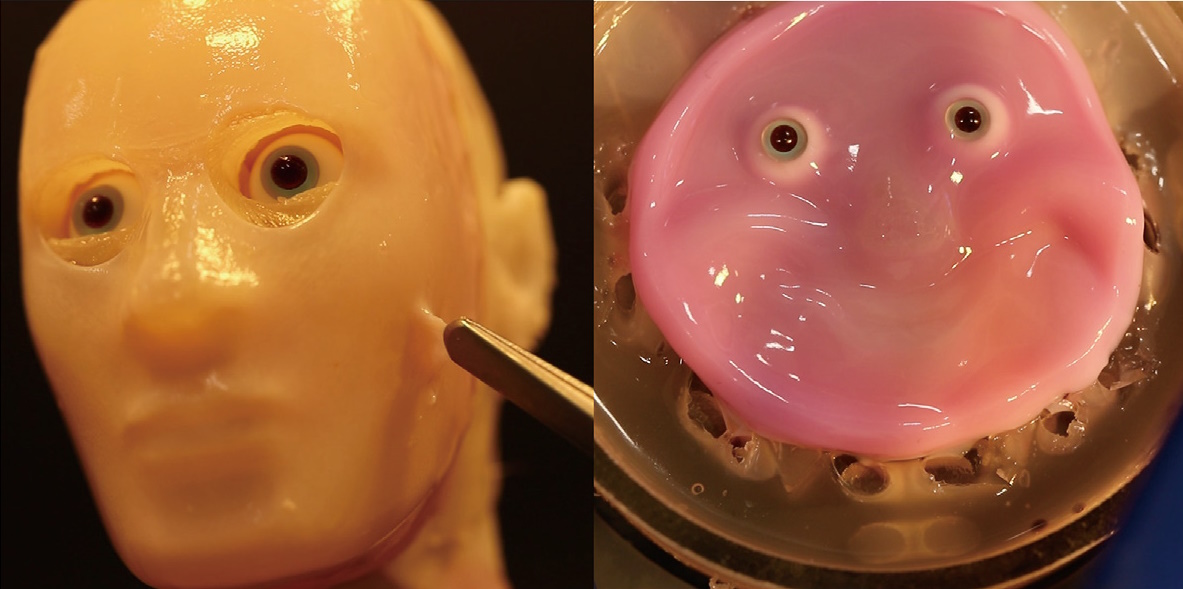- 67 Posts
- 6 Comments

 41·2 years ago
41·2 years agoYes. But one should also note that only a limited range of Intel GPU support SR-IOV.

 01·2 years ago
01·2 years agoFSFE’s statement:
Some related personal blogs I noticed:

 1·2 years ago
1·2 years agoAnd a decade ago, Google itself sabotaged XMPP in their version of embrace, extend, and extinguish: https://www.eff.org/deeplinks/2013/05/google-abandons-open-standards-instant-messaging

 1·2 years ago
1·2 years agoYou know, there are several built-in functions in phones, that are already viable methods to communicate remotely?

 1·2 years ago
1·2 years agoThe novel bit of this project is actually the usage of GGML quantization from llama.cpp for Stable Diffusion, which can offer lower RAM usage and faster inference on CPU than all the previous CPU implementations without the benefit of low bit quantization, which was known to make CPU and low RAM LLaMA inference feasible.
The important long term implication is that people have been targeting the incorrectly sized Stable Diffusion model, if the goal is quality on commodity hardware (this includes GPU, too). For example, Stable Diffusion where Stability AI has gloated so much how it fits commodity hardware is slightly less than 1 billion parameters. The smallest LLaMA that people nowadays can happily run on commodity GPU or CPU is already 7 billion parameters. And even OpenAI’s DALL·E 2, which many called prohibitive because “you need a 48 GB GPU” (which is not true, with quantization), is just 3.5 billion parameters.
For additional context, Stable Diffusion using CPU has been done before, though with repurposed frameworks rather than a custom C++ project. Notably, there has been a Q-Diffusion paper (https://github.com/Xiuyu-Li/q-diffusion), but the result was obtained by simulating the quantization, and e.g. the GitHub repo not actually offer an implementation with actual speed-up.


















Three side remarks about China, which can be a peculiar example to compare to for Russia, maybe even any other country: